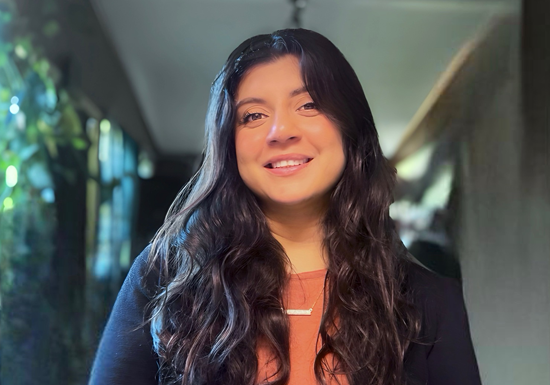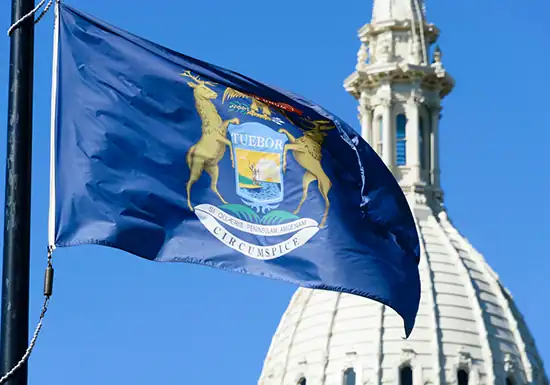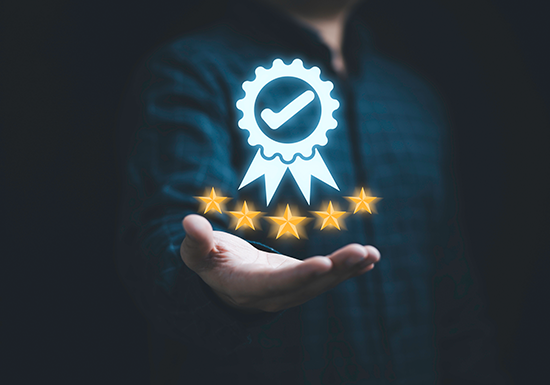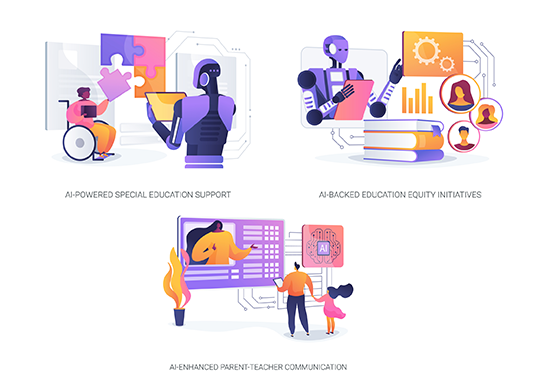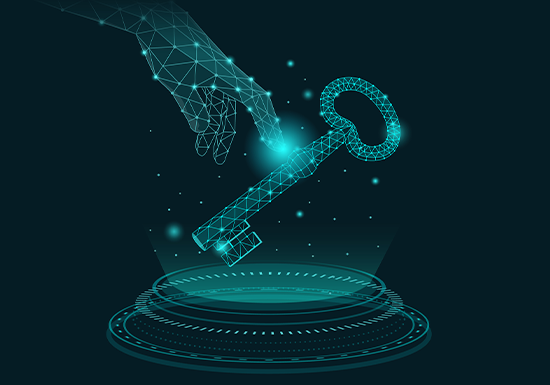UoPeople Blog
Browse our blog for the latest in education news, industry insights, and tips to enhance your online learning experience.
Featured Post | Alumni
I grew up in various parts of Southern California and Oregon. My parents divorced when I was ten, and I often moved between their homes. Since my parents didn’t prioritize my education, I attended fourteen schools before finishing high school...

